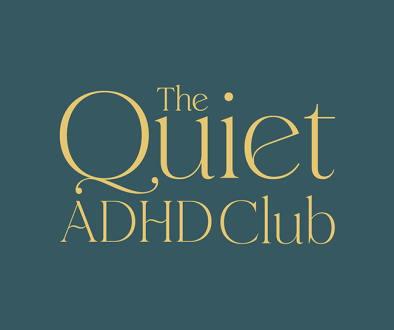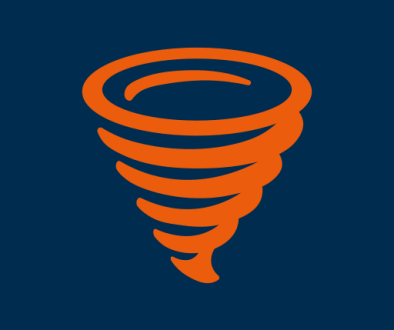Do neurodivergent couples need a neurodivergent therapist?

Recently someone asked me if I was neurodivergent. They asked because they weren’t sure they wanted to work with a therapist who was Neurotypical.
The unspoken message was clear: if you haven’t lived it, you can’t possibly “get” it. It’s a notion I bump into now and then… and it always gives me pause.
If that logic held true, I’d need to have personally endured every form of loss, heartbreak, redundancy, and upheaval to do my job.
This view negates the skill and insight I’ve gained both theoretically and through thousands of hours of couples work – specifically couples impacted by Neurodiversity.
The lived experience assumption
There’s a deeply human instinct to want to be understood by someone who has “been there.” It can feel safer. We might think they’ll know what we mean without having to explain.
Lived experience does have real value. It can create a shorthand, empathy, and an insider’s awareness of the challenges involved. But there are other routes to understanding.
As an experienced couples therapist and coach, I draw on multiple sources of insight: training, theory, clinical experience, supervision, and a cultivated capacity for empathy. If we demanded matching life histories in therapy, most of us would find the list of eligible practitioners shrinking to nearly zero.
My experience and professional background
I’ve been working with ND couples since 2012. Long before it became a mainstream topic. Over the years, I’ve worked with thousands of couples where one or both partners present with ADHD, AS, or related neurodivergent traits.
My approach is grounded in extensive formal training. This includes couple therapy, Internal Family Systems (IFS), Dialectical Behaviour Therapy (DBT), Emotionally Focused Therapy (EFT), and an MSc in psychosexual therapy, alongside continuous professional development.
I’ve also studied the work of leading ND researchers and clinicians. These greats include Melissa Orlov, Russell Barkley, Edward Hallowell, and John Ratey. I integrated their insights into my practice years before ND awareness entered the cultural spotlight. This blend of deep professional knowledge and long-term, client-led learning has been invaluable in supporting ND couples effectively.
The perks and drawbacks of lived experience
With increasing awareness and diagnosis of neurodivergence the therapy space has been flooded with newly qualified newly diagnosed therapists.
I respect and welcome colleagues whose lived experience of neurodivergence informs their work. It can be a genuine asset in some forms of therapy, offering nuance and immediacy. But there are also potential pitfalls.
As a therapist it is important to ensure that lived experience doesn’t lead to overidentification with a client. As this blurs the boundary between the therapist’s own history and the client’s present needs. The therapist needs to hold a clear, reflective stance that helps therapy move forward.
That’s where professional concepts like transference (when a client projects feelings about someone else onto the therapist) and countertransference (the therapist’s emotional reactions to the client) matter. I’m trained to recognise and manage these dynamics. A skilled therapist, ND or not, knows how to hold that “blank page” space: receptive, attuned, and free from their own agenda.
Why “just like me” isn’t always better
Limiting yourself to neurodivergent therapists may provide validation, but not challenge. Therapy needs both to help you grow. Sometimes, the most transformative insights come from people who see the world differently to you and have taken the time to truly understand what makes you tick.
There’s also the reality that neurodivergent and neurotypical people will continue to coexist in families, workplaces, education, and communities. Building bridges between these perspectives is part of thriving in a mixed-neurology world. A neurotypical therapist with strong ND understanding can model healthy cross-neurotype communication — a skill you can then carry into your everyday relationships.
Rethinking how we frame neurodivergence in couples therapy
When I work with ND couples, I see neurodivergence as part of the wide continuum of human behaviour.
While the disability framing of neurodivergence can be useful in advocating for support, it can also negate the strengths and positive qualities the ND member brings to the couple . Many ND individuals bring exceptional strengths to the couple dynamic, charisma, intelligence, and a unique perspective on the world. These are all assets, which I’ve covered in an early post on Navigating Neurodiverse Relationships and more recently our post on Neurodivergent Skills in a Digital Future. Therapy that only focuses on “problems” risks overlooking these strengths.
A balanced approach acknowledges both the challenges and the capacities of the couple, aiming to foster understanding, communication, and mutual respect within relationships.
Is a neurodivergent therapist necessary?
The most important thing is whether the therapist understands both neurodivergence, couple dynamics and the interrelationship between the two. They must have the skills to work with that and create a space where both members of the couple feel safe and seen.
Neurodivergence is just one part of a couple’s story. A good therapist will see the whole picture. The personalities, the communication styles, the emotional needs, all come into the work. Ultimately, what matters most is whether the therapist has the training, experience, insight and empathy to support your relationship effectively.



